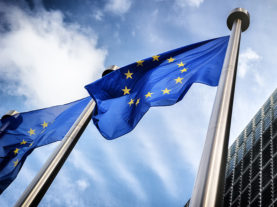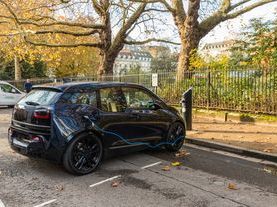The latest Society of Motor Manufacturers and Traders (SMMT) figures show the UK new car market fell in July. Meanwhile, demand for battery electric vehicles shot up by a massive 158.1%.
Registrations fell by -4.1%, the fifth consecutive month of decline, as political and economic uncertainty and confusion over future government policy on different fuel types knocked consumer and business confidence.
Declines were seen across all sectors, with private demand falling -2.0%, while registrations for fleet and business customers were down -4.7% and -22.5% respectively.
Registrations of diesel vehicles fell for the 28th month, down -22.1%, while petrol vehicles remained stable, with 2,646 more registrations than in July 2018. Hybrid electric cars increased by a substantial 34.2%, with 7,758 of these low-emission vehicles joining UK roads. Meanwhile, plug-in hybrid electric vehicles continued their recent decline, down -49.6%. The increased demand for battery electric vehicles resulted in a 1.4% market share, the highest monthly market share on record.
Manufacturers have invested heavily in a growing range of powertrain options, with British drivers now having the choice of advanced low emission petrols and diesels, and an ever-greater number of hybrid, plug-in hybrid, battery electric and even hydrogen cars. There are currently more than 350 models available in the UK – around 80 of them alternatively fuelled - with more expected to arrive in showrooms later this year.
SMMT forecasts this ongoing investment into new, ever more advanced powertrain technology will result in battery electric vehicles doubling their market share next year, with 51,000 registrations in 2020. However, this will still represent only 2.2% of the overall market. For the UK is to meet its zero emission ambitions, long-term incentives, supportive policies and substantial investment in infrastructure are needed.
See the BVRLA’s Road to Zero Report Card which provides a comprehensive analysis of the Government’s progress towards its Road to Zero targets.




